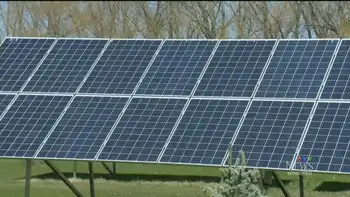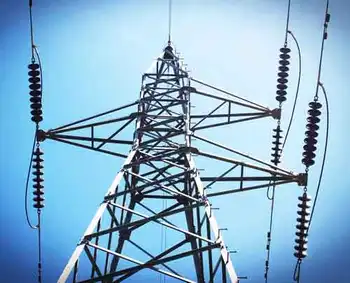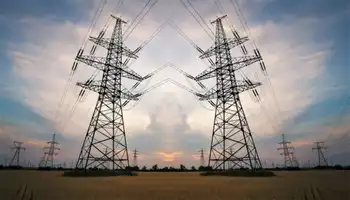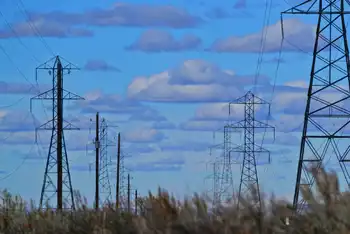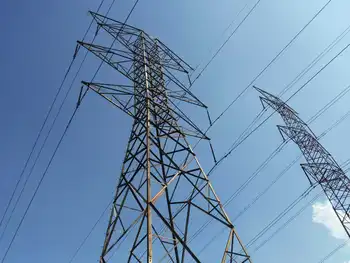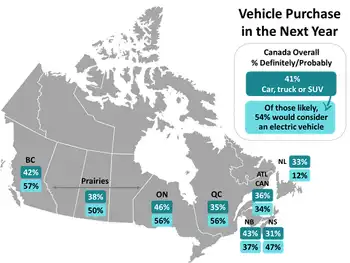Stimulus money crucial for a smart grid
By Reuters
Protective Relay Training - Basic
Our customized live online or in‑person group training can be delivered to your staff at your location.

- Live Online
- 12 hours Instructor-led
- Group Training Available
"This will have long-term results," said Thomas Kuhn, head of Edison Electric Institute, trade association for privately owned electric utilities which serve 75 percent of the country's electric customers. "It's an awfully big leg up."
The stimulus measure, signed into law by President Barack Obama, provides matching funds over two years to encourage utilities to start work on smart grids.
Telephones, automobiles, computers and other technologies have improved over the years but the electric grid has mostly stayed dumb, to the detriment of the country, says Adam Grosser of Foundation Capital, a backer of smart grid companies.
Smart grids combine special meters, wireless technology, sensors and software so customers can closely monitor energy use cut and back when the grid is stretched to its limit.
Otherwise, utilities must build expensive, wasteful plants that are turned on when needed to prevent blackouts. Two-way meters also let utilities pinpoint power outages and respond far more quickly. Eventually a smart grid will also help prevent blackouts by better balancing electric resources.
Much of the grid stayed dumb because monopoly utilities saw no reason to invest in innovation that would cut sales of their product and regulators saw no reason to push them in the direction of unproven technologies and business models.
But federal energy legislation in 2007 encouraged energy efficiency as part of a push to promote energy independence and security.
PG&E, Sempra and Southern California Edison in California, Centerpoint in Texas, and Southern Company in Alabama and Georgia have led the way toward the smart grid. Others have pilot projects Colorado, Michigan, Florida and Maryland.
"Some of those business cases that were marginal because of the cost of technology, maybe this (stimulus) can push those over the top," said Don Von Dollen, program manager for intelligent grids at the utility-sponsored Electric Power Research Institute in California.
The approval of the federal government and its money can help persuade state regulators that utilities are doing the right thing. But time is of the essence for the two-year plan.
John Quealy, an analyst with Canaccord Adams in Boston, said companies best positioned to be benefit are those that are running pilot projects and have already started the change.
"It's a bit of a culture shift for utilities. It's not just the project — many parts of the utility will be acting differently," Quealy said, including re-training customer representatives.
The stimulus contains a fraction of the money needed for smart grids, but will encourage change beyond its funding, proponents say.
"The government gives a lot of mandates but not a lot of funded mandates," said Bill Vogel, chief executive of Trilliant, a maker of smart grid parts. "For the government to give it a funded mandate makes it a high national priority."
Trilliant makes many parts for the smart gird, but others make the meters, including Itron Elster Group and General Electric and Landis+Gyr.
Foundation Capital's Grosser has backed two companies successful in the deployment of smart grids, Silver Spring Networks and eMeters. Grosser notes that the stimulus is broader than smart grids and that its tax credits also help promote alternative energy.
Grosser, who comes out of the Silicon Valley tradition of fierce independence from government, says the heavily regulated energy industry meant some changes for him.
"I have made three trips to Washington in my life, all in the past six months. Having an appreciation of the process and a familiarity with the players is of great benefit," he said.





